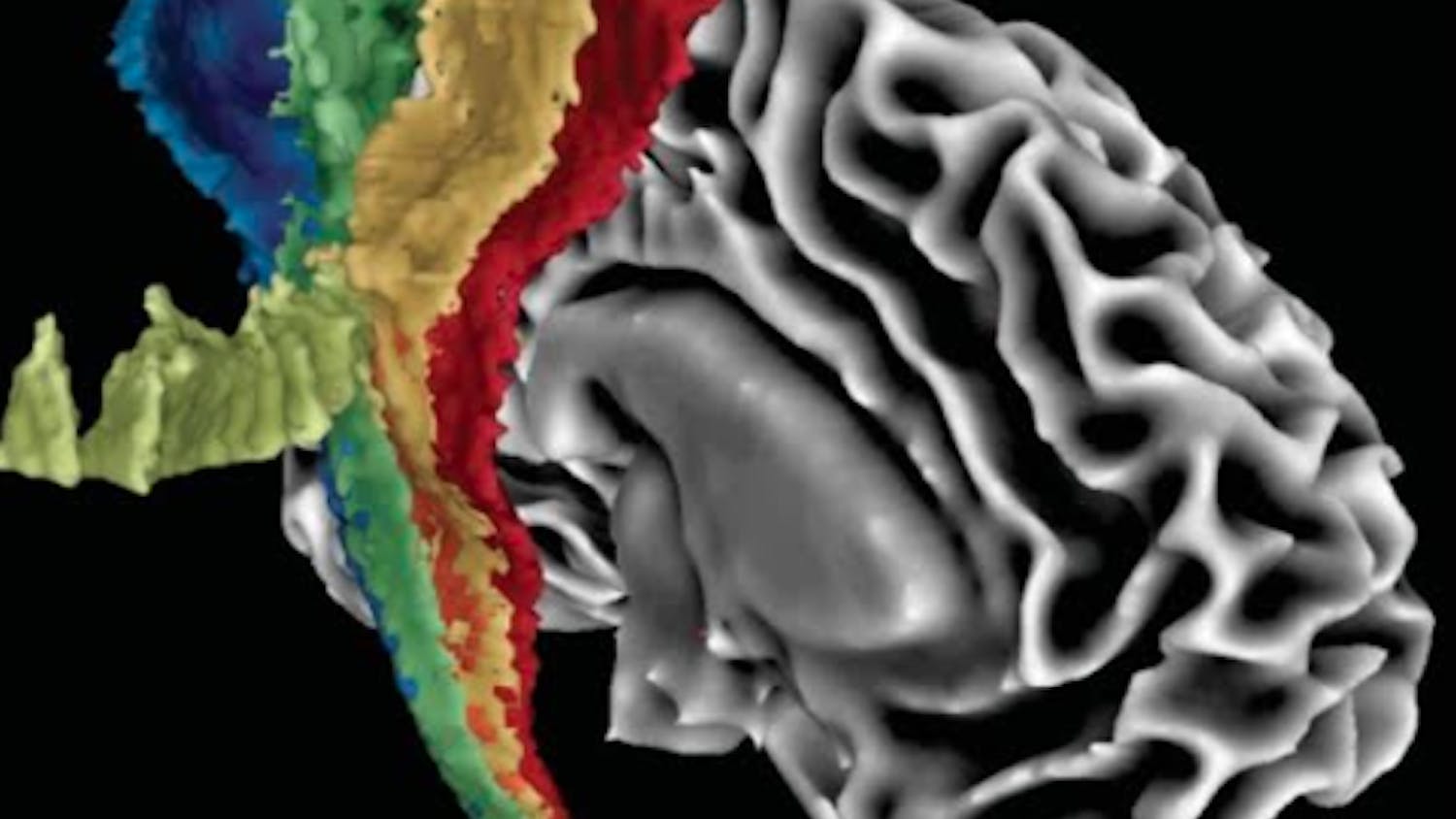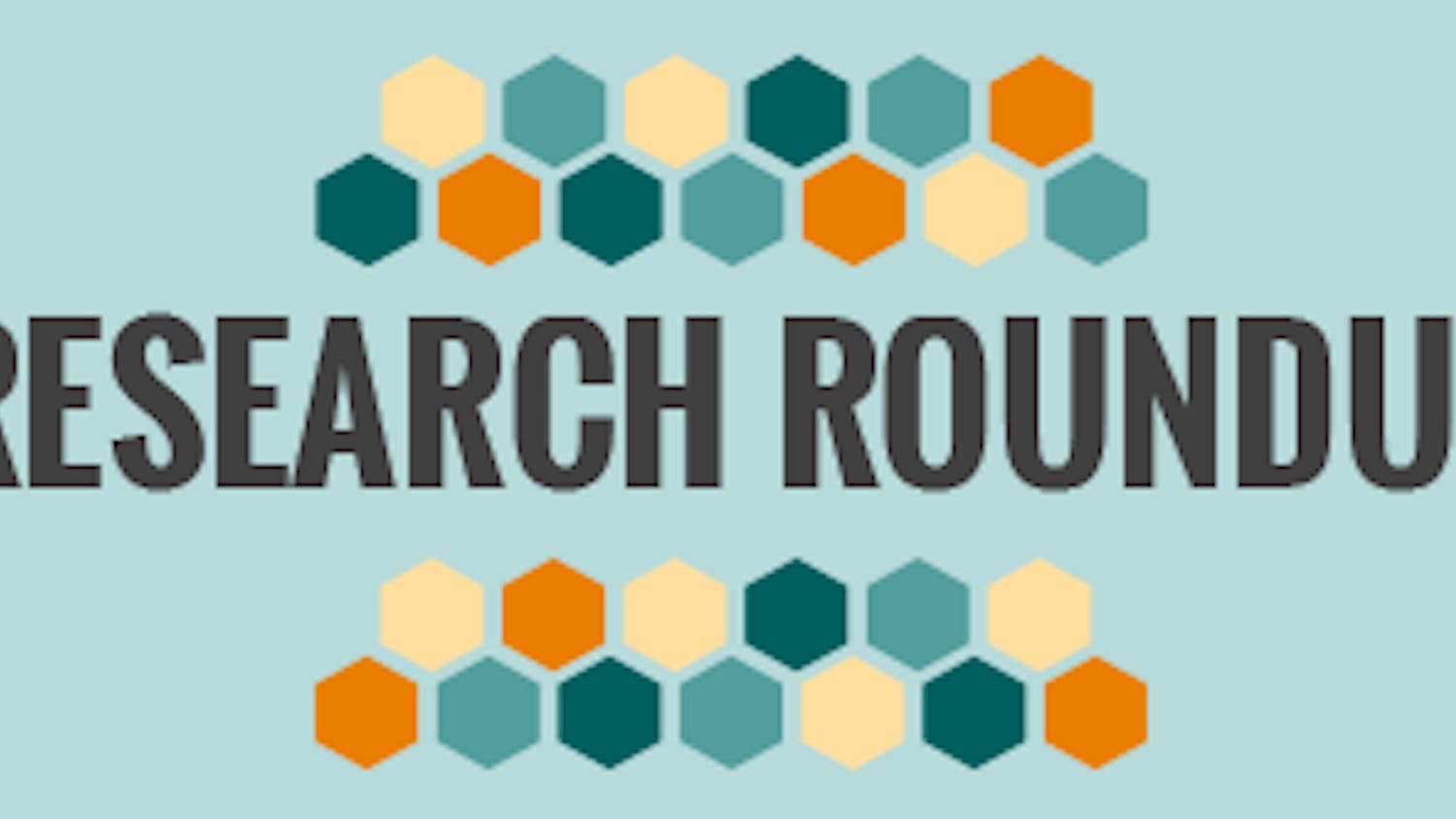A new award is helping fund research that could keep athletes out of the hospital and on the field.
Alachua County-based company Banyan Biomarkers announced it received a $300,000 award last month to continue research on a blood test that could detect a brain injury in 30 minutes.
The company is one of 16 receiving an award from the General Electric-National Football League Head Health Challenge, according to a press release.
Banyan Biomarkers’ founder and president Ronald Hayes said the company, which is partially owned by UF, is working with the university’s football, women’s lacrosse and women’s soccer teams to see if a simple blood test can identify a brain injury and an athlete’s ability to return to the game.
“There are about 2 million brain injuries per year in the United States,” said Dr. Gregory Murad, assistant professor in UF’s department of neurosurgery.
However, Hayes said the brain is the only organ that does not have a blood test to detect traumatic injury as of now.
“If you had severe chest pain, you could go to the ER, and the first thing they would do would be to take a blood test, which would show them if you were going to have a heart attack,” he said.
To perform the test, Hayes said researchers collect a blood sample from a brain injury victim. The sample then goes to a lab for processing to see if the blood has a protein level that could indicate a concussion.
Hayes said the company is working to create a test that could be completed on site instead of in a lab with the award, and the test will be used in emergency rooms after it’s fully developed.
Murad, who is also an associate residency program director of neurosurgery, said he is excited about the impact this test could have on his department.
“I take care of a lot of people with really bad brain injuries from things like car accidents,” he said.
Bradley Fleming, a 22-year-old Santa Fe College environmental science junior, said the test could have been beneficial after he suffered a concussion after hitting his head on a table when he was 10 years old.
A test like Banyan Biomarkers’ could possibly take the place of CAT or MRI scans and ultimately save hospitals time and money, Murad said.
“My hope is that it may have the ability to offer a prognosis,” he said. “It would be great to tell how someone is going to do after a brain injury. It’s currently difficult to tell.”
[A version of this story ran on page 3 on 2/10/2014 under the headline "County award to fund concussion research"]





